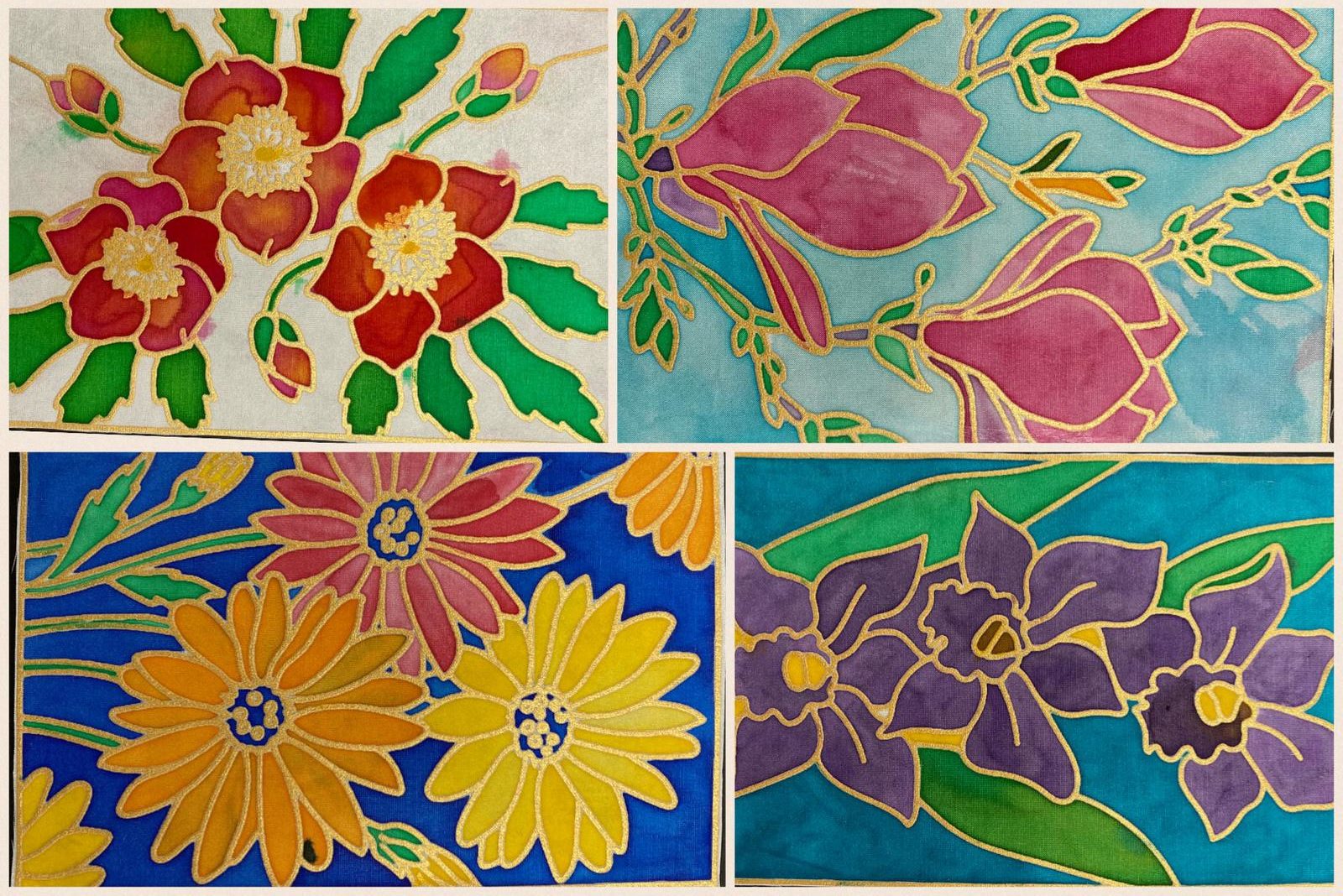Afghan Refugees in Berkshire
On August 15th, 2021, the Taliban forcefully entered Kabul, triggering the collapse of the Afghan government and establishing an ‘interim government’. Under their rule, millions of Afghans face severe food insecurity due to lost income, cash shortages, and rising food costs.
Simultaneously, the Taliban have propelled Afghanistan into a humanitarian crisis. They have performed numerous targeted killings throughout the year, including of human rights defenders, female activists, humanitarian and health workers, journalists, former government officials and security force members.
Even before the Taliban seized control, more than 550,000 people had been forced to flee their homes in 2020 year due to fighting, according to the UNHCR. That means an estimated 3.5 million Afghans are currently internally displaced within the country itself. Neighbouring countries Pakistan and Iran are still hosting the highest numbers of Afghan refugees.
Many of the 20,000 Afghans who have arrived in Britain over the last year were evacuated on the initial flights out of Kabul in mid-August ’21. More than half are still living in temporary hotel accommodation, unable to fully settle and begin to rebuild their lives. According to the Home Office, there are currently 25,000 asylum seekers and 12,000 Afghan refugees in transition hotels, a total of 37,000 people.
The Afghans evacuated under Operation Pitting fall under two refugee resettlement programmes: the Afghan Relocations and Assistance Policy (ARAP) and the Afghan Citizens’ Resettlement Scheme (ACRS). Those evacuated under ARAP assisted the British government or armed forces. Those who came to the UK under the ACRS scheme were evacuated on other grounds. A number of those evacuated were also British citizens and their close family members.
Throughout the year, private accommodation has been sourced for a number of the (usually smaller) families living in transition accommodation. Yet thousands are still living in the same hotel rooms, or have been transferred from one hotel to another.
At the end of last year, RSG was supporting two transition hotels in Berkshire. These have since condensed into one. We are currently working with around 43 families, a number which remains relatively consistent, as when one family moves out into private accommodation, another quickly moves in. Some guests speak good English, while others speak none at all. Five babies have also been born in the hotel!
The hotel is reserved entirely for Afghan clients. This has been beneficial, as the hotel space has been able to adapt to better accommodate its new residents. The car park has been turned into a playground, there are separate spaces for men and women, and the hotel staff are able to support the guests more fully. There is also relatively good transport links to Reading town centre.
What support does RSG provide?
RSG works with the local council to support families at the hotel; we visit twice-a-week. We provide six weeks of intensive support to families when they first arrive: each family receives a £50 Primark voucher, kindly donated by Greenham Trust. They also receive a Vodafone sim card, which allows them free calls and data for six months.
There is lots of administrative work to do, too. The first thing we do is the school registration form if the family has children. Sometimes we provide the children with toys and bicycles/scooters too through the Community Furniture Project. For the adults, it is important that we complete the Universal Credit application form, and set them up with their first appointment at the Jobcentre. We also help to refer adults for ESOL classes.
Some ladies are pregnant or have newborn babies. When this is the case, we work with Family Hub and Baby Bank to make sure they have everything they need. We work closely with midwives, health visitors and children’s services, helping them to identify any additional needs when the families arrive, including physical and learning disabilities. The hotel helps the families to open bank accounts and register with the local GP.
What Challenges do the Families Face?
Unlike people who claim asylum on arrival in the UK, the Afghans in transition hotels automatically have the right to work and claim benefits. This can make the path slightly smoother, in comparison to those living in asylum dispersal hotels. There are, however, some significant barriers to integrating into life in the UK.
It is difficult for families to start laying down roots when they know that they could be moved anywhere in the country at any time. Lots of families still feel they are in a transition phase and ‘waiting for life to begin’. At the same time, children are children wherever they are, and it’s the middle of the summer holidays. As activities for children are limited, they spend their days playing inside the hotel and the hotel car park, and the hotel staff have their hands full trying to keep them entertained!
The hotel guests experience significant delays in obtaining their BRPs (Biometric Residence Permits). It is very difficult to do anything – including getting a job – without one. It sometimes takes months to receive these, and they often include mistakes in the name or date of birth, which means they need to be sent back and reissued.
Moving to the UK can be a big culture shift for some families, and it can take some time to adapt. Yet living in such an isolated manner doesn’t provide a lot of opportunities to practice speaking English or learn about how things work in the UK.
Some people living in transition hotels got split up from their family members, including their spouses and children, at the airport, during the chaos of the evacuation. There is currently no route to reunification for these families; we continue to call on the government to create a route to resettlement for direct family members of those in the UK under the ARAP and ACRS schemes.
Finally, a lot has happened over the past year, which means that the Afghan families are sometimes at risk of being forgotten as other emergencies take place and different refugee cohorts arrive. It’s important that they don’t fade into the background and that we continue to support them and campaign for their right to a normal life and a united family.
Header Photo: Artwork made by children in the Berkshire hotel with the team at Corn Exchange Newbury.





